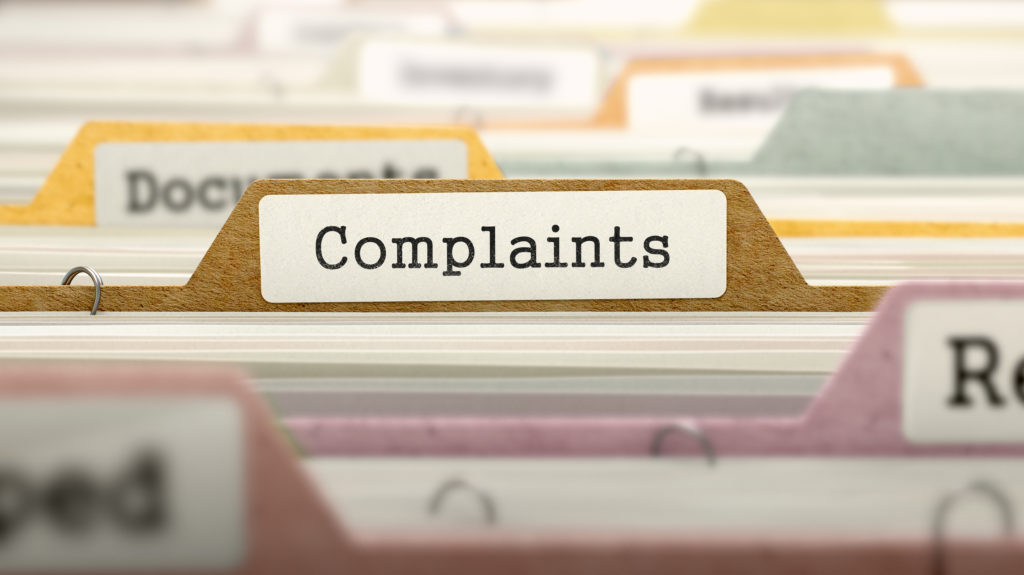“Bad faith insurance” is a term you may be familiar with, but perhaps you don’t know all the details. An insured party, like yourself, can file a lawsuit against an insurance company for the insurance company’s unlawful and negligent claims handling. This is often referred to as a bad faith claim.
An insurance company owes a duty of good faith and fair dealing to the people and businesses it insures. Therefore, people and businesses who believe the insurance company has not acted fairly and in good faith may have a claim for common law bad faith and statutory violations. Insurance companies in Texas must follow The Texas Insurance Code, which provides the rules for how insurers must treat policyholders.
If you believe your insurance company has acted in bad faith in refusing your claim, contact Byrd Ramsey. Our attorneys have over 100 years of combined experience taking on insurance companies. Call now, 409-202-2020, or contact us online.

Legal Principles behind Bad Faith Insurance
Bad faith statutes are based on the idea that an insured individual has a significant disadvantage when they file a claim and a lawsuit against an insurance company in Texas. To file a bad faith claim against an insurance company, the insured must show that the company’s conduct was unreasonable. The Texas Supreme Court has said the conduct must be “egregious.” The insurance company can be held responsible for damages caused by unreasonable delays in responding to and paying claims and for misrepresentations about the policy, the claim, or coverage.
Although bad faith claims can be filed for almost any type of insurance, auto, property, health, and life are the most common.
Examples of Insurance Company Actions in Bad Faith
- Treating insureds like an adversary instead of client
- Increasing premiums after a claim when the claim wasn’t the insureds fault
- Using threatening and abusive tactics to discourage the insured from making a claim
- Misrepresenting the value of a claim
- Unreasonably delaying the processing of a claim for no reason
- Failing to acknowledge receipt of a claim
- Failing to promptly investigation of a claim
- Failing to offer a settlement when it is clearly a valid claim
- Trying to settle a claim for less than fair value
- Failing to notify an insured of policy changes that would impact the claim
- Intentionally misrepresenting claims information
- Withholding information about a claim
- Advising a claimant not to hire an attorney
These are only some examples of poor conduct that may justify a lawsuit against an insurance company. It is difficult to prove a case against an insurance company. It is hard to show that the insurance company acted improperly. Also, what is reasonable, timely, threatening, or prompt is open to interpretation- this is where hiring Bryd Ramsey comes into play.
Typical Damages from a Successful Bad Faith Claim
If you win your bad faith claim, the damages available to you may include:
- Up to three times what the company would have paid if your claim was processed correctly, if you can prove an intentional violation
- Attorney fees, interest, and court costs
- Punitive damages to punish the insurance company
- Mental anguish damages are possible (unless the plaintiff is a business)
Contact a Beaumont Bad Faith Insurance Lawyer Today
If you believe your insurance company has not treated you fairly or has wrongfully denied or underpaid a valid claim, contact the Beaumont insurance claim attorneys at Byrd Ramsey. We understand Texas bad faith claims. Contact Byrd Ramsey today at 409-202-2020 or contact us online.
